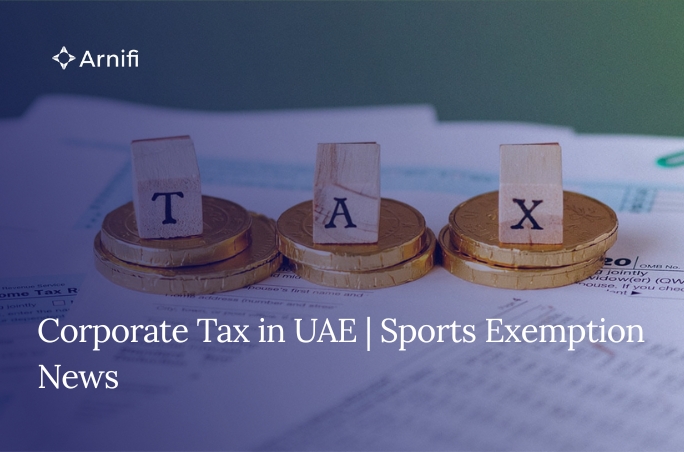UAE Updated Tax Nexus Rules for Foreign Investors – QIFs and REITs Under New Cabinet Decision No. 35 of 2025
by Shethana Apr 16, 2025  3 MIN READ
3 MIN READ

In a continued effort to refine its corporate tax regime and maintain its investor-friendly stance, the UAE Ministry of Finance has issued Cabinet Decision No. 35 of 2025, which replaces Cabinet Decision No. 56 of 2023. This new legislation provides much-needed clarity on when non-resident juridical investors in Qualifying Investment Funds (QIFs) and Real Estate Investment Trusts (REITs) are considered to have a taxable nexus in the UAE.
What Has Changed?
The decision introduces a more nuanced and transparent framework to determine the tax presence of non-resident investors in QIFs and REITs. Here’s a breakdown of the key conditions that now determine whether a nexus—and thereby, a corporate tax obligation—exists.
Nexus Rules for QIFs
A non-resident juridical investor will be considered to have a taxable nexus in the UAE under the following scenarios:
- 80% Distribution Rule: If 80% or more of the QIF’s income is distributed within nine months of the financial year-end, the tax nexus arises on the date of dividend distribution.
- Non-Compliance with Distribution Rule: If the QIF fails to meet the 80% threshold, the nexus is triggered on the date the ownership interest is acquired.
- Diversity of Ownership: A taxable nexus also applies if the fund fails to meet the diversity of ownership requirements during the tax period.
Nexus Rules for REITs
The rules for REITs mirror those for QIFs:
- The 80% income distribution threshold applies similarly.
- If the REIT complies, the nexus is triggered on the dividend distribution date.
- If it fails to comply, the nexus arises on the date of acquiring the ownership interest.
The Upside for Non-Resident Investors
This is positive news for foreign investors. If a non-resident juridical investor holds interests exclusively in compliant QIFs or REITs, and the distribution and ownership diversity thresholds are satisfied, they will not be considered to have a taxable presence in the UAE.
Why This Matters
This latest move underscores the UAE’s commitment to maintaining a transparent, investor-friendly tax environment. By providing clearer guidelines, the Cabinet Decision:
- Reduces uncertainty for foreign institutional investors
- Aligns UAE tax rules with international norms
- Lowers compliance risks
- Supports the continued growth of the fund management and real estate sectors
Key Takeaways
Cabinet Decision No. 35 of 2025 is a welcome development that simplifies cross-border investing through UAE-based structures like QIFs and REITs. For legal and tax advisors, fund managers, and investors alike, this clarity offers a stronger foundation for strategic decision-making in one of the world’s fastest-evolving financial jurisdictions.
Stay Updated with Arnifi! Let our experts guide you through new tax laws and policies that are coming your way. Follow the link for a free consultation.
Top UAE Packages

Related Articles
Top UAE Packages



